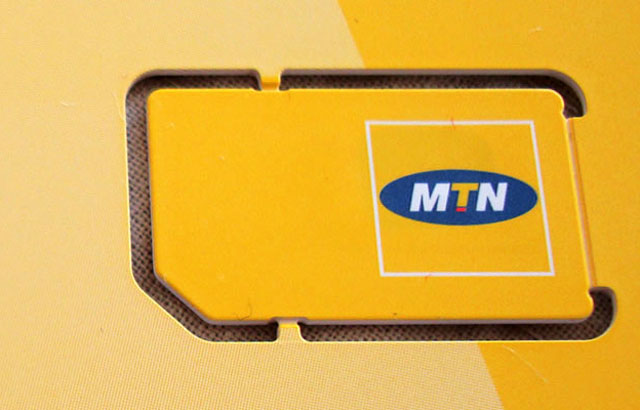
MTN officials have told parliament that the release of available spectrum would, in theory, lower data costs.
South Africa has yet to migrate to digital broadcasts, a key requirement for opening up radio spectrum for faster and more widespread mobile Internet services.
Graham de Vries, head of corporate services, told the portfolio committee on telecommunications & postal services on Wednesday that more frequency would have a “significant effect” on costs.
“It will mean we will not have to roll out further base station structures,” he told MPs.
“In general, it will lead to a reduction of our input costs, because we can apply it on top of our [existing] network costs.”
He was answering a question from Democratic Alliance MP Cameron Mackenzie. The committee was meeting this week to listen to presentations on the “cost to communicate” in South Africa.
De Vries, though, did add caution, saying there were other costs involved that were not yet accounted for in the potential release of bandwidth.
“In order to bid for the available spectrum, a bidding company needs a R3bn reserve price. On top of that, there is no way of knowing what the final price for the available spectrum will cost once bidding concludes.”
He also said he hoped that government would not “experiment” with the bidding process, given its importance.
Economic Freedom Fighters MP Fana Mokoena, who had been critical of competitor Vodacom earlier on Wednesday, accused MTN of focusing its efforts in Nigeria more than in its home base of South Africa.
But MTN South Africa chief financial officer Sandile Ntsele disagreed with Mokoena, saying it is difficult to compare across markets.
“We are materially the same on a dollar-to-dollar basis,” he said.
“In general, we do a comparison across the 22 countries we operate in, and in general we stay the same [with regards to investment].
“I can clearly state we operate on a country-by-country basis. Each country has its own board of directors, its own targets, etc,” Ntsele said.
Ntsele said MTN Nigeria and MTN South Africa contribute approximately 65% of the group’s profits. “It would be irresponsible not to have our mindset on these two markets.”
De Vries, meanwhile, who pitched his presentation at a less celebratory tone than competitors Vodacom, admitted there were many challenges amid the “data explosion” in South Africa.
“Our revenues are flat, while data costs are increasing on a yearly basis,” De Vries said. “There are also external pressures that we cannot control. The currency has been driven down by 40%. That means if we want to do the exact same thing operationally, it costs us 40% more. Most of our equipment is imported from overseas, and it is priced in dollars.”
He said that despite this, MTN has decreased voice and data tariffs by 58% and 73% respectively in the last five years. The company has also reduced marketing spend by 36% since 2011, he said.
“We are in a very competitive market, and there is significant pressure to ensure we satisfy our customers. But we also need to balance that with our shareholders’ expectations, and it’s a fine balancing act.”
Presentations continued on Wednesday. The committee was still to hear from Cell C, Telkom and Neotel.




